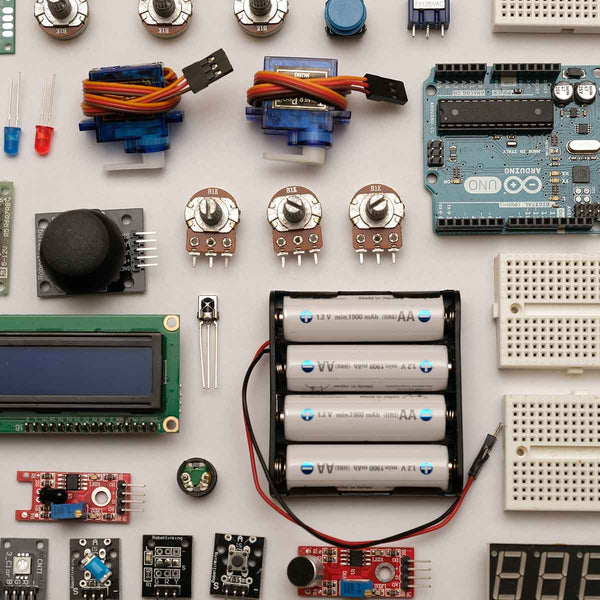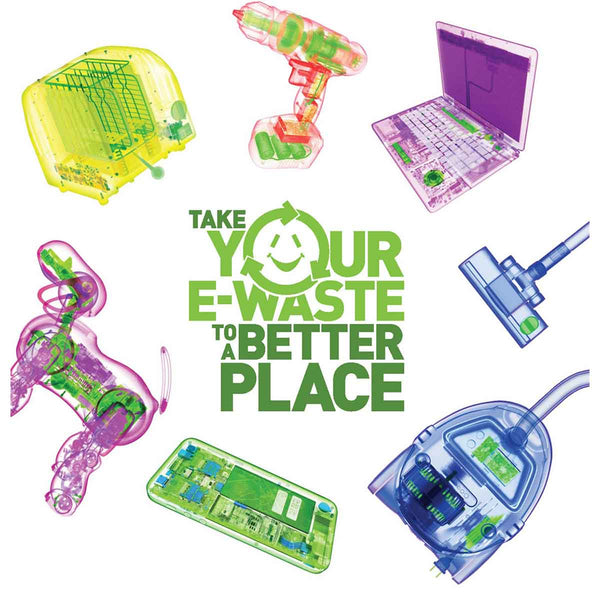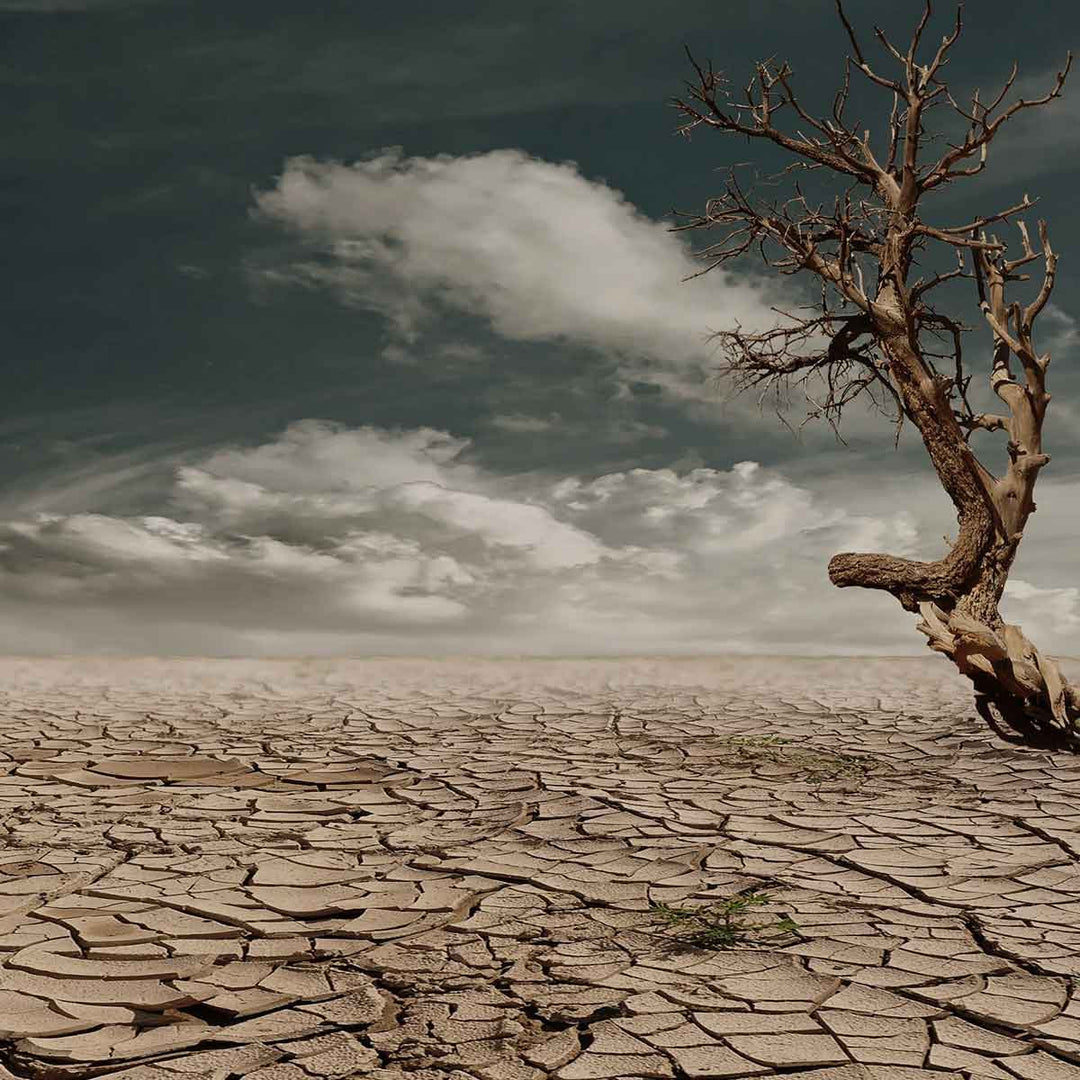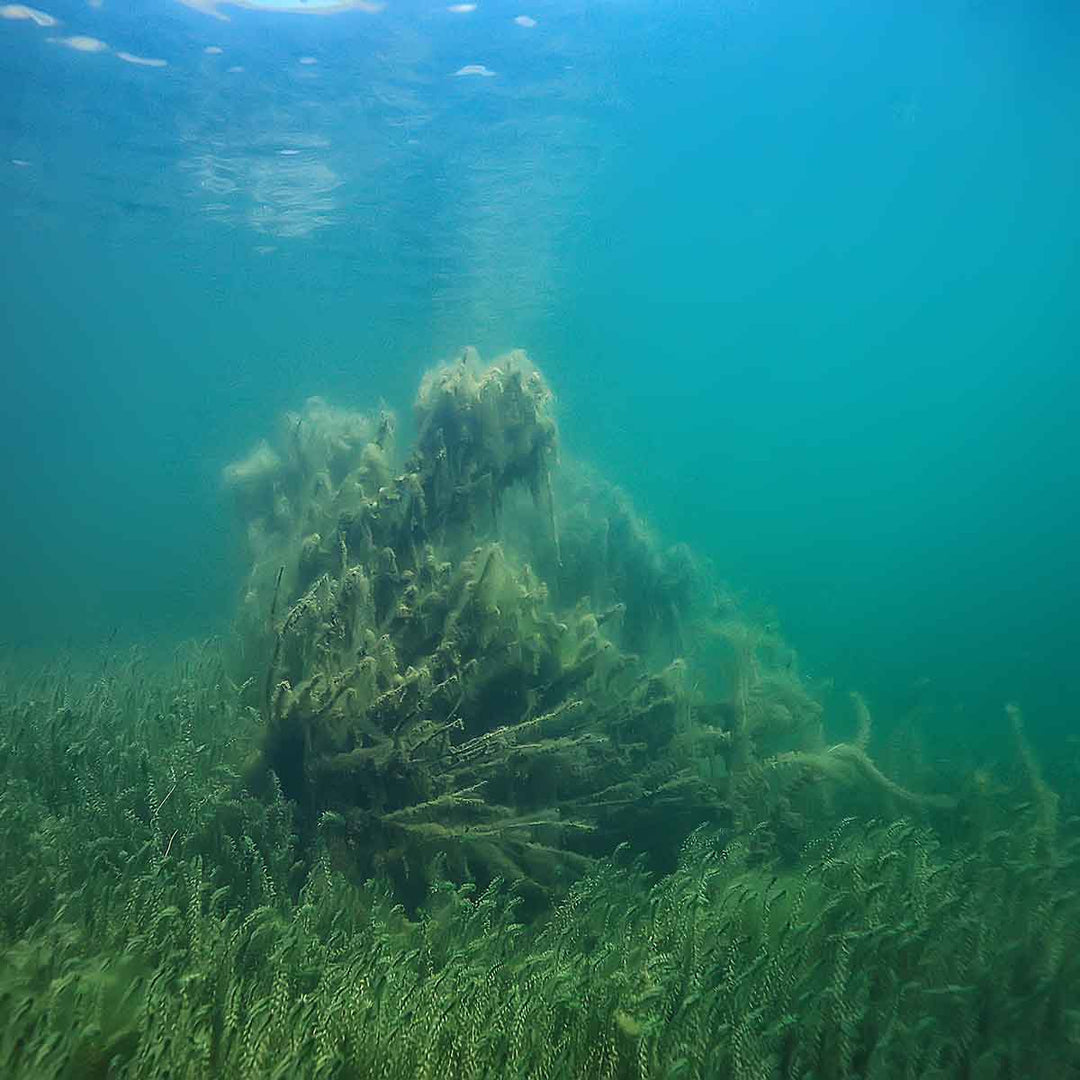An Unknown Type of Waste: E-Waste
What is E-Waste?
The definition of E-waste is the scrap materials that are produced from used electronics that are discarded. Throwing away things like cell phones, laptops and other electronic devices is referred to as E-waste. These types of materials cannot be discarded like any other items, and there are specific processes that this waste has to go through before it is considered safe to discard. It is imperative that when throwing these items away, you take these processes into consideration, or make sure that they go to someone who knows the correct way to process these waste products. E-waste is quite a new kind of waste product, and as things like computers, cell phones and televisions have become more popular and common, it is imperative that ways are found to ensure that when these items are thrown away, it is not detrimental to the environment.
What is the E-Waste Situation around the World
The unfortunate fact about E-waste around the world, is that it is very often discarded improperly. Due to the fact that this is a new kind of waste, and generally, people are unaware that there are any negative impacts that occur if you throw your old television set in the trash, most E-waste is not properly discarded, being thrown away into the same rubbish bin as your other items. Poorer countries, though they may not have as many electronic items, are generally worse off, as there are very limited places where this kind of waste can be taken. this is particularly true when thinking about smaller and more rural communities, where E-waste would generally just be discarded wherever other waste items are stored. This can cause toxic chemicals to leak into the ground, releasing harmful substances.

Why is E-Waste Recycling Important?
The environmental impact of E-waste when it is not recycled or discarded properly can be catastrophic, as the metals and chemicals that are in these devices can seep out into the soil if not handled correctly. The toxic materials and substances that are leaked out can also be harmful to animals, and if they are ingested, they could easily kill. E-waste recycling is, therefore, an extremely important type of recycling to do, and if you are thinking about throwing away your laptop by placing it in your everyday rubbish bin, you could be a part of the issue and reason why E-waste is becoming such a big problem when it comes to environmental degradation.
How to Recycle E-Waste?
One of the biggest E-waste problems is that the majority of electronic owners are unaware that E-waste needs to be recycled and are not sure how to even go about the process of discarding these items responsibly. E-waste recycling is done by ensuring that the electronic items that you are planning to discard are given to waste plants that know exactly how to handle the items. There are specific processes and systems that an electronic item has to go through before it is safe to throw away, and of these processes are not completed by manufacturers who know what they are doing, chemicals from the electronics and materials that an item is made of can seep into the ground, wreaking havoc on the environment. To properly discard your electronic waste, be sure that your items are going to plants that have a reputation for dealing with these items in a way that is safe for the environment.

How to Solve the E-Waste Problem?
Solving the E-waste problem involves taking the necessary steps to learn about the best methods and ways to discard your electronics. If you are unable to recycle them, for example, if they are broken, and you cannot give them, away for parts, it is important that you take precautions to ensure that the way you are throwing them away is not harmful to the environment. There are a number of manufacturers around the world who have taken to using discarded electronic devices and recycling them, and trying to get rid of your items by giving them to one of these manufacturers could be a great way to ensure that you are doing your part to reduce the E-waste issues that plague the planet, and are just getting worse as more technology is created! Do your part, and learn more about how you can get rid of your electronic waste in a safe and environmentally friendly way!
What Can We Do To Reduce E-Waste?
Some of the biggest ways that we can reduce E-waste are through reducing the number of electronics that we buy, reusing what we can and recycling what we do not need! Reducing the number of electronics that are purchased and produced ensures that E-waste is minimal and that the waste that does exist can go through the proper recycling channels. Reusing the items that we already have, instead of just going out and buying something new, is also a great way to reduce the impact that E-waste has on the environment. Recycling them is a way that the production of new items can be done in a safe way. recycling alos helps to reduce the emissions and waste that is generated from making an entirely new device, and when manufacturers reuse items that have been discarded, this can actually help them to lower costs while doing their part to help the environment. Recycling your items is a great way to reduce E-waste and help to curb the need for new natural resources to be processed.
















